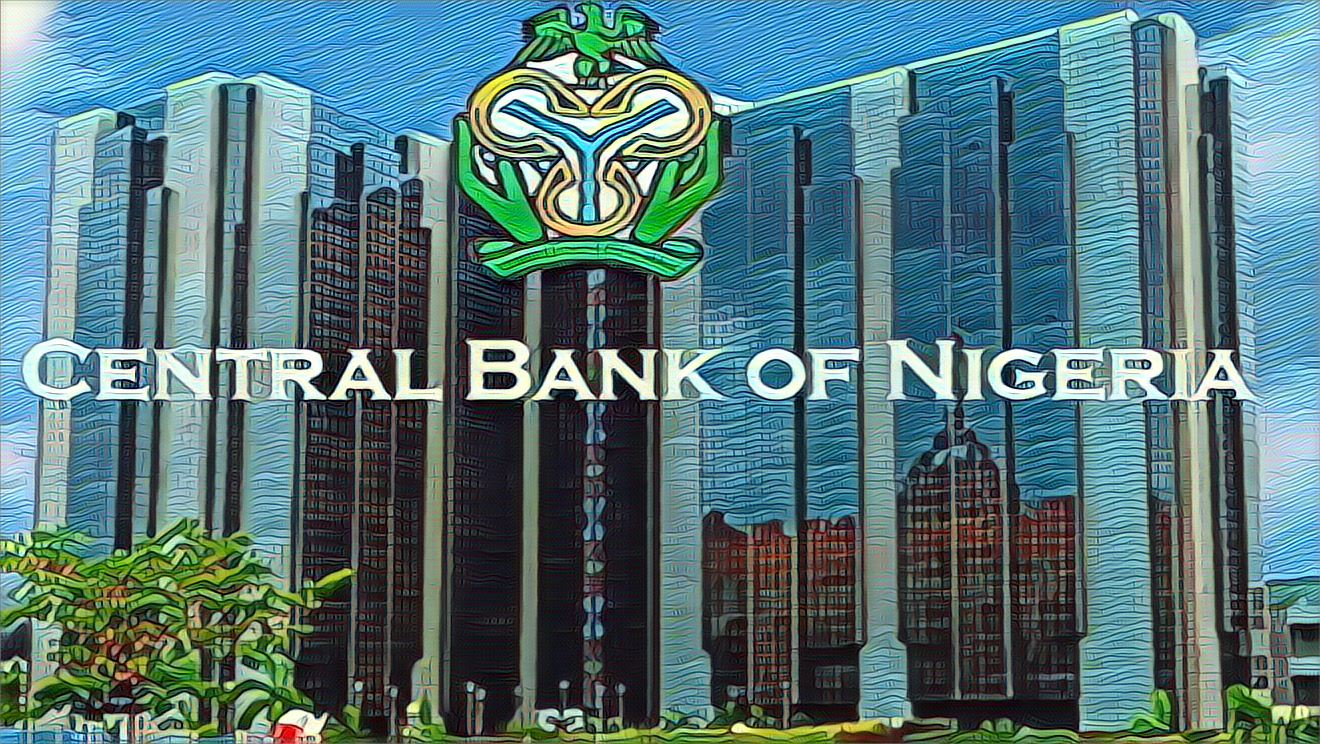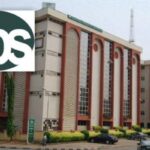By Chinwendu Obienyi
Businesses across Nigeria are feeling the squeeze of rising borrowing costs, with high interest rates emerging as the most pressing constraint to operations in June 2025, according to the Central Bank of Nigeria’s latest Business Expectations Survey which was released on Monday.
The report, published by the CBN’s Statistics Department, reveals that firms gave interest rates a constraint index score of 75.6, edging out perennial challenges like insecurity (75.2) and insufficient power supply (74.3). The survey, conducted from June 16 to 20, sampled 1,900 businesses across the Industry, Agriculture, and Services sectors.
The findings show growing frustration among businesses over the elevated cost of borrowing. While insecurity and poor electricity have long been recognised as structural impediments to Nigeria’s economic growth, the emergence of interest rates as the number one concern reflects how tightening monetary policy is biting harder on corporate finances.
Other major hurdles mentioned by respondents include high bank charges (73.2), high taxes (68.9), an unfavourable economic climate (68.7), and unclear economic laws (67.4). Meanwhile, issues like poor infrastructure (62.4) and an unfavourable political climate (62.5) ranked slightly lower, suggesting that economic and financial constraints are currently more acute than political instability.
Despite the difficult environment, businesses remain cautiously optimistic. The Business Confidence Index (BCI) stood at 20.7 in June and is projected to rise to 41.3 in the next six months, driven by expectations of improved business activity and operating conditions.
However, confidence varies across regions. The South-East recorded the lowest optimism score at 4.4, reflecting the harsh impact of high interest rates there, while the North-East posted the highest at 37.1.
Interestingly, firms also expressed expectations of naira appreciation, even as many brace for further increases in borrowing costs.
The report may suggest that the economy is at a crossroads. While monetary tightening may be necessary to stabilize macro fundamentals, the cost to real sector growth is rising.

















Leave a comment